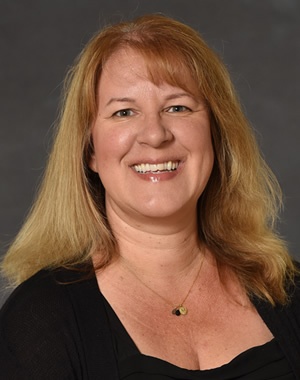
As unprecedented state and federal funding opportunities have emerged over the past 18 months with the passage of the Inflation Reduction Act and the Bipartisan Infrastructure Bill, Michigan local government leaders have expressed their concern about getting access to state and federal grant opportunities.
The spring 2023 wave of the Michigan Public Policy Survey (MPPS) asked local government officials to assess their jurisdiction’s capacity for pursuing external grant funding from the state and federal governments. A new report states that most Michigan local government leaders believe their jurisdiction has at least some ability to pursue future state or federal grant funding, but their confidence is generally subdued. Only 15% of townships and 14% of villages are very confident in their ability to monitor future opportunities.
“Many, but not all, of the bigger local units in Michigan – the larger city, township, and county governments – have the staffing and experience that allows them to monitor funding opportunities, pursue them, and then report and audit how the money is spent. It is out of balance with what smaller places are able to do,” said Debra Horner, MPPS senior program manager.
The survey asked for comments from government officials about how they approach these types of funding activities.
Tom Ivacko, executive director of the Center for Local, State, and Urban Policy (CLOSUP), which administers the MPPS, said the responses called for more help and resources for local governments, and also for better communication about new opportunities, noting that some 450 officials provided specific comments.
The report states, “Around a quarter of the comments mention a need for and/or a current lack of expertise in applying for grants (e.g., need for a grant writer, current staff don’t know how to write grants, need training, etc.). Another quarter cite the need for better communication about available grants (e.g., would like emails with updates, a website with list, a database, etc.). Other types of comments mentioned challenges with staffing (e.g., insufficient current staffing, staff don’t have enough time, can’t afford staff, etc.), costs (e.g., lack of ability to provide matching funds, expenses associated with applying for grants that the jurisdiction doesn’t receive, inflation / changing costs, etc.), and eligibility for grants (e.g., the jurisdiction is too small, jurisdiction demographics don’t match requirements, etc.).”
One respondent said, “The application process is what holds small townships back. Navigating federal systems is very intimidating.”
Another noted, “We are a village of [less than 500 residents]. Our lack of professional grant writing ability has been a large liability. The Council is reluctant to hire an outside consultant to find and write grants with the limited funds we have available. Small municipalities like ours are at a distinct disadvantage when accessing available funds due to these limitations. I feel that the MEDC should be reaching out to smaller municipalities and providing them with the resources they need to compete for grant monies.”
As a solution, a local official suggested, “A consolidated list of grants for all grants for State of Michigan agencies. There are so many different agencies sending newsletters with grants buried inside; EGLE and MDOT especially. It would be great if there was one specific location to find all active state and federal grants.”
CLOSUP has conducted the MPPS, an ongoing census survey of all 1,856 general purpose local governments in Michigan, since 2009. The program is a partnership between the University of Michigan’s Gerald R. Ford School of Public Policy and Michigan’s local government associations. The Spring 2023 wave was conducted February 6 – April 17, 2023. Respondents include county administrators, board chairs, and clerks; city mayors, managers, and clerks; village presidents, managers, and clerks; and township supervisors, managers, and clerks from 1,307 jurisdictions across the state, resulting in a 70% response rate by unit.
The report can be seen here.

